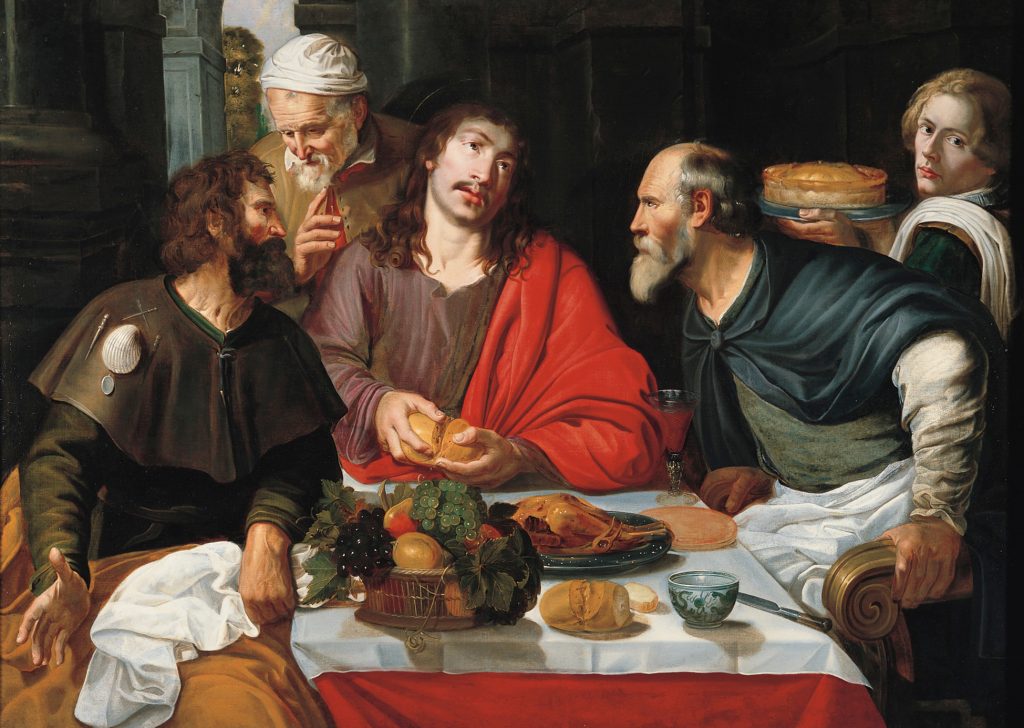Increasingly, as I age, I am a creature of habit. I make my annual retreat in Lent, because that’s what I’ve always done. I set a single point of focus for my retreat, because that’s what has worked well for me over the decades.
And in the last several years I’ve even retained the same story as my focal point. It’s the story of Jesus’ long walk with two disciples on the road to Emmaus (Luke 24:13–32).
The story is inexhaustible, and if I live to be a hundred I could use it profitably for all my remaining years.
It was the Sunday after Our Lord’s crucifixion, and the two men were “looking sad.” They were trapped in the tragedy of Good Friday, and they kept reviewing the horrific events as they walked. From “some women” they had heard rumors of a resurrection, but dismissed them as old wives’ tales. Instead, the men spoke of Jesus in the most past of past tenses: “We had hoped that he was the one to redeem Israel.” They “had hoped” — until Good Friday.
A man caught up with them on the road. We know it is Jesus, but they did not — “their eyes were kept from recognizing him.” They were blinded by despair.
Jesus asked them what they were talking about, and they were aghast at the question. What was everyone in Jerusalem talking about? What else would anyone talk about? One of them, named Cleopas, answered Jesus: “Are you the only visitor to Jerusalem who does not know the things that have happened there in these days?”
We should not miss the divine humor in this exchange. We are allowed to see the situation from God’s perspective. Cleopas thought the man was clueless, but Jesus was really the only one with a clue. “Are you the only one who does not know?” Actually, Jesus was the only one who DID know! He was the only one who understood the events in their proper context — in the long sweep of salvation history.
Jesus recognized that despair had darkened the intellect of these men. For such a spiritual illness they needed strong medicine, and he applied it. First, he spoke bluntly and clearly. He was not afraid that they might take offense at his words. “O foolish men,” he cries out, “and slow of heart to believe all that the prophets have spoken!”
And that must have shaken them out of their funk. But Jesus didn’t stop there. He then “interpreted to them in all the scriptures the things concerning himself.” He marshaled all the Scriptures — the law, the prophets, the writings, the psalms, the histories — as he showed them the necessity of a suffering Messiah.
At last, at table in Emmaus, Jesus revealed himself in the breaking of the bread.
Only Jesus Christ could “open up” the Scriptures for those two men. And only Jesus Christ can open up the Scriptures for us.
So we go, you and I, to the sacred page as it is proclaimed and interpreted in the context of the liturgy — the breaking of the bread.

